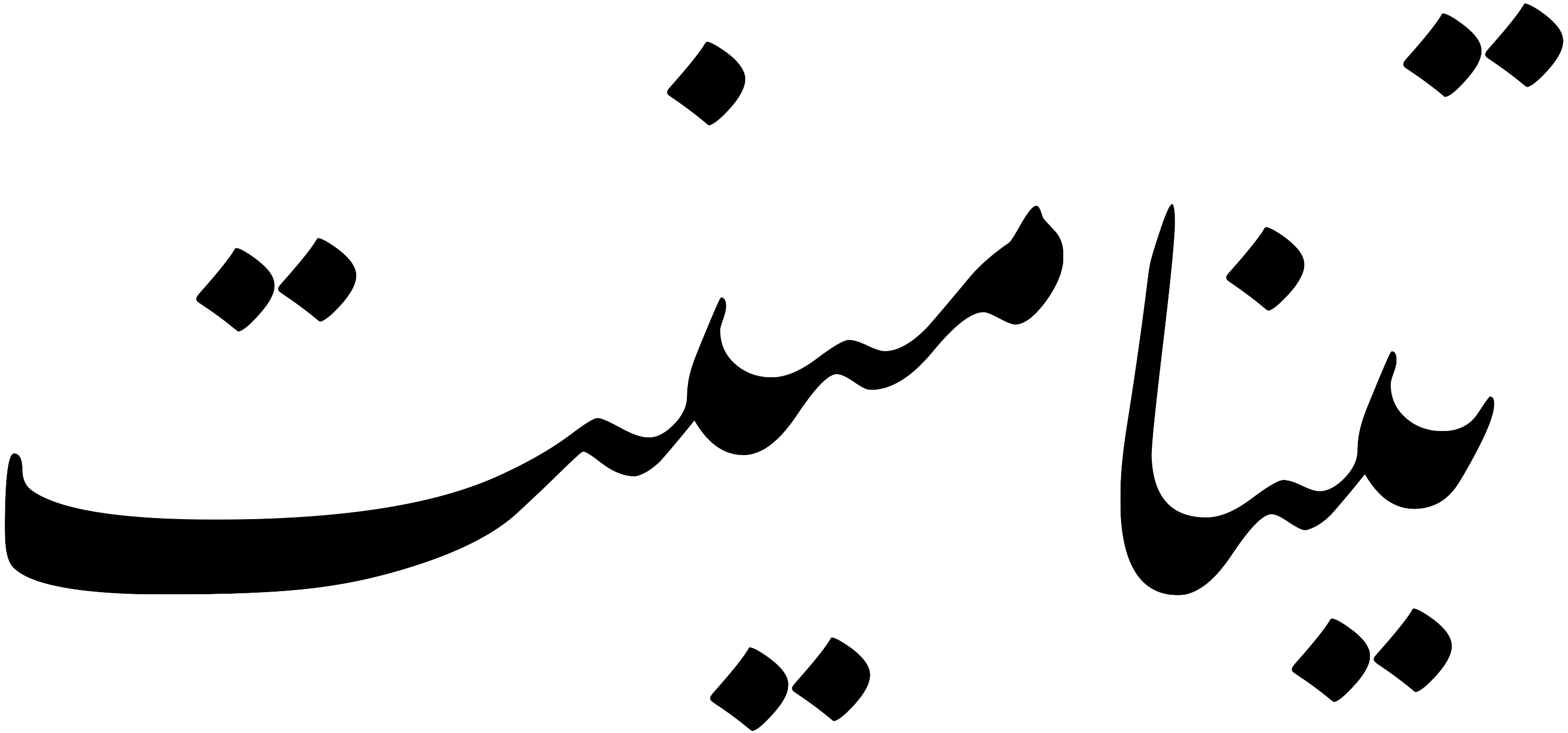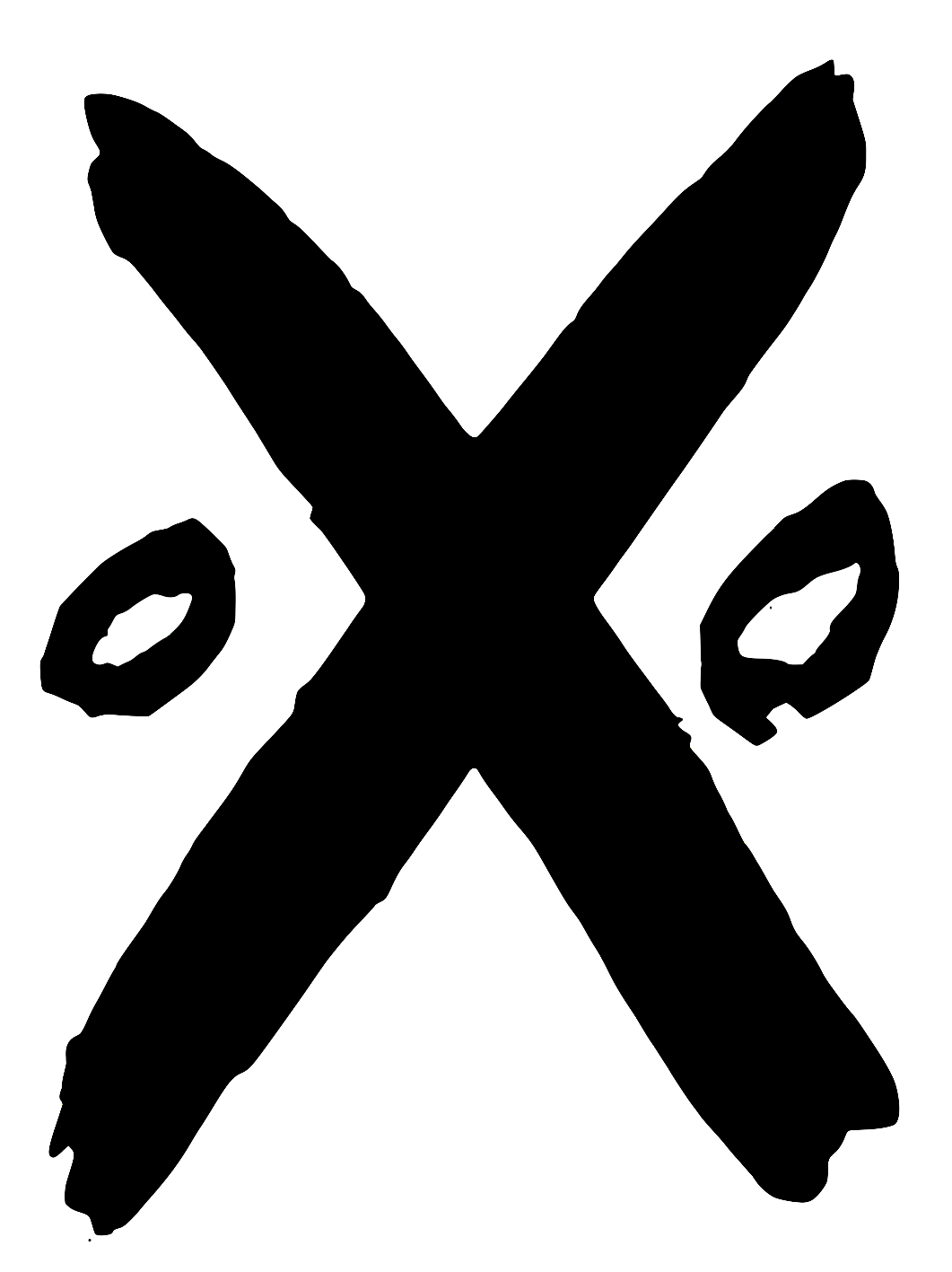Rehearsal / 7. David Grubbs
![]()

Good night the pleasure was ours
(An excerpt from Seven Rooms.)
At the start of a show in front of a capacity audience, a singer confidently steps to the microphone and a plastic cup with sixteen ounces of the cheapest beer on tap at this oversized corner bar finds its targetexplodes in his face. I think disbeliefis the word. They’ve been on a months-long upswing, and their homecoming show registered as celebratory until the moment of impact. It’s the electric version of an ensemble with no fixed personnel, the former power trio that renamed and rededicated itself, fundamentally altered the mission, sometimes stripping down to two acoustic guitars, twin sketch pads, the whole shebang meant to gibe with public transportation or touring in a compact car, able to occupy a stage plot the size of a couch. Electronic sound reappeared
*
as a medium in which to breathe deeply, for everyone to thrive. Electronic sound returned with resonances mingled, oscillators abetting the sustain of acoustic instruments, overtone-resplendent steel strings otherwise prone to decay and dying, to mortaltransverse shimmer. Participants cast a skeptical eyeon allegiances and needless distinctions between acoustic and electronic; pressure strikes the ear, it fluctuates the microphone’s diaphragm, and we grant permission for the engineer to measure it forty-four thousand and one hundred times a second. What aids resonance, what facilitates sustain, blend what may
*
and o what a whorl! Still, there are soundchecks, input lists, dedicated channels. One performs on an instrument or instruments, one acts as an instrumentalist. Take a gig at the neighborhood dive, take a gig at a gallery or jazz club or unfinished space, take the gigin the parking garage, take most any gig—take all of them to manifest a vision of nimbleness and responsiveness to one’s surroundings. The earliest outings of a duo version of the group attracted interest in part as novelty, post- postpunk dripping faucet music, the inverse of powerand the obverse of pop. Neglected, not even scorned folk instruments provoked conversation among spectators during performances while the musicians fantasized about a transparent curtain ringing down at the press of a button
*
the audience sundered by acoustic baffle. They observed friends’ bands in the role of oddball opening act in front of vastly larger crowds, three thousand people gabbing over beers, noting that no matter how gentle or ungraspablehowever ellipsoidal or ill-suited a song might be in this environment, if it’s delivered with a concluding flourish or swell into unambiguous final attack everyone in the house halts their conversation, swivels toward the stage, barksapproval, which multiplied by several thousand becomes triumphal roar. If a piece conversely generates hard-won musical momentum but lands softly with a final decrescendo
*
fifteen hundred conversations resume.Beyond the reintroduction of electronic sound through the camouflage of acoustic and electronic resonance both roiling and serene, the next wrinkle was to experiment with ripping interjections of noise, malfunctioning punctuation punctuating malfunction, efforts from within to shred the texture of the proceedings, to crash the airplane. Fight or flightsimulator, fricative sizzle of electricity.
*
The fader’s path is straight and true. Scale is a turn of the dial when there’s no recognizable source to enlarge, only smug circuitry and engorged transistors. The fictive sound of electricity. Two acoustic guitars in a wipedissolve are replaced by a pair of electric organs shoulder to shoulder at center stage, varying only by virtue of the color of their molded plastic casings, a shade of oxygen-rich Vespa red next to Olivetti green-gray. The recourse to volume returns, a previously refused depth and dimensionality they had cautiously rebuilt over the last year, the group no longer tasking themselves with always bringing the wrong music. Hypothesis confirmed: an endless supply of wrong music.
*
Quietly approaching
quietly receding
Quietly rescinded
one crossfade
one calendar
year
David Grubbs is Distinguished Professor of Music at Brooklyn College and The Graduate Center, CUNY. He is the author of Good night the pleasure was ours, The Voice in the Headphones, Now that the audience is assembled, and Records Ruin the Landscape: John Cage, the Sixties, and Sound Recording (all published by Duke University Press, 2022, 2020, 2018, and 2014 respectively) as well as the collaborative artists’ books, Simultaneous Soloists with Anthony McCall (Pioneer Works Press, 2019) and, with Reto Geiser and John Sparagana, Projectile (Drag City, 2021). Grubbs has released fourteen solo albums and appeared on more than 200 releases. He was a member of the groups Gastr del Sol, Bastro, and Squirrel Bait, and has performed with Tony Conrad, Susan Howe, Pauline Oliveros, Luc Ferrari, Will Oldham, Loren Connors, the Red Krayola, and many others.
Grubbs’ reading was recorded at home in New York for Hotel, 2021.
‡† With Good night the pleasure was ours, David Grubbs melts down and recasts three decades of playing music on tour into a book-length poem, bringing to a close the trilogy that includes Now that the audience is assembled and The Voice in the Headphones. In Good night the pleasure was ours, the world outside the tour filters in with eccentric sparseness. From teenage punk bands to ensembles without fixed membership, and from solo performance to a group augmented by digital avatars, Grubbs presents touring as a series of daily dislocations that provides an education distinctly its own. These musicians’ job is to play that evening’s gig—whether to enthusiastic, hostile, or apathetic audiences—and then to do it again the next day. And yet, over the course of the book’s multidecade arc, Grubbs depicts music making as an irreversible process—one reason for loving it so.
Order a copy direct from Duke University Press here.
︎︎︎ Back to Rehearsal
(An excerpt from Seven Rooms.)
At the start of a show in front of a capacity audience, a singer confidently steps to the microphone and a plastic cup with sixteen ounces of the cheapest beer on tap at this oversized corner bar finds its targetexplodes in his face. I think disbeliefis the word. They’ve been on a months-long upswing, and their homecoming show registered as celebratory until the moment of impact. It’s the electric version of an ensemble with no fixed personnel, the former power trio that renamed and rededicated itself, fundamentally altered the mission, sometimes stripping down to two acoustic guitars, twin sketch pads, the whole shebang meant to gibe with public transportation or touring in a compact car, able to occupy a stage plot the size of a couch. Electronic sound reappeared
*
as a medium in which to breathe deeply, for everyone to thrive. Electronic sound returned with resonances mingled, oscillators abetting the sustain of acoustic instruments, overtone-resplendent steel strings otherwise prone to decay and dying, to mortaltransverse shimmer. Participants cast a skeptical eyeon allegiances and needless distinctions between acoustic and electronic; pressure strikes the ear, it fluctuates the microphone’s diaphragm, and we grant permission for the engineer to measure it forty-four thousand and one hundred times a second. What aids resonance, what facilitates sustain, blend what may
*
and o what a whorl! Still, there are soundchecks, input lists, dedicated channels. One performs on an instrument or instruments, one acts as an instrumentalist. Take a gig at the neighborhood dive, take a gig at a gallery or jazz club or unfinished space, take the gigin the parking garage, take most any gig—take all of them to manifest a vision of nimbleness and responsiveness to one’s surroundings. The earliest outings of a duo version of the group attracted interest in part as novelty, post- postpunk dripping faucet music, the inverse of powerand the obverse of pop. Neglected, not even scorned folk instruments provoked conversation among spectators during performances while the musicians fantasized about a transparent curtain ringing down at the press of a button
*
the audience sundered by acoustic baffle. They observed friends’ bands in the role of oddball opening act in front of vastly larger crowds, three thousand people gabbing over beers, noting that no matter how gentle or ungraspablehowever ellipsoidal or ill-suited a song might be in this environment, if it’s delivered with a concluding flourish or swell into unambiguous final attack everyone in the house halts their conversation, swivels toward the stage, barksapproval, which multiplied by several thousand becomes triumphal roar. If a piece conversely generates hard-won musical momentum but lands softly with a final decrescendo
*
fifteen hundred conversations resume.Beyond the reintroduction of electronic sound through the camouflage of acoustic and electronic resonance both roiling and serene, the next wrinkle was to experiment with ripping interjections of noise, malfunctioning punctuation punctuating malfunction, efforts from within to shred the texture of the proceedings, to crash the airplane. Fight or flightsimulator, fricative sizzle of electricity.
*
The fader’s path is straight and true. Scale is a turn of the dial when there’s no recognizable source to enlarge, only smug circuitry and engorged transistors. The fictive sound of electricity. Two acoustic guitars in a wipedissolve are replaced by a pair of electric organs shoulder to shoulder at center stage, varying only by virtue of the color of their molded plastic casings, a shade of oxygen-rich Vespa red next to Olivetti green-gray. The recourse to volume returns, a previously refused depth and dimensionality they had cautiously rebuilt over the last year, the group no longer tasking themselves with always bringing the wrong music. Hypothesis confirmed: an endless supply of wrong music.
*
Quietly approaching
quietly receding
Quietly rescinded
one crossfade
one calendar
year
David Grubbs is Distinguished Professor of Music at Brooklyn College and The Graduate Center, CUNY. He is the author of Good night the pleasure was ours, The Voice in the Headphones, Now that the audience is assembled, and Records Ruin the Landscape: John Cage, the Sixties, and Sound Recording (all published by Duke University Press, 2022, 2020, 2018, and 2014 respectively) as well as the collaborative artists’ books, Simultaneous Soloists with Anthony McCall (Pioneer Works Press, 2019) and, with Reto Geiser and John Sparagana, Projectile (Drag City, 2021). Grubbs has released fourteen solo albums and appeared on more than 200 releases. He was a member of the groups Gastr del Sol, Bastro, and Squirrel Bait, and has performed with Tony Conrad, Susan Howe, Pauline Oliveros, Luc Ferrari, Will Oldham, Loren Connors, the Red Krayola, and many others.
Grubbs’ reading was recorded at home in New York for Hotel, 2021.
‡† With Good night the pleasure was ours, David Grubbs melts down and recasts three decades of playing music on tour into a book-length poem, bringing to a close the trilogy that includes Now that the audience is assembled and The Voice in the Headphones. In Good night the pleasure was ours, the world outside the tour filters in with eccentric sparseness. From teenage punk bands to ensembles without fixed membership, and from solo performance to a group augmented by digital avatars, Grubbs presents touring as a series of daily dislocations that provides an education distinctly its own. These musicians’ job is to play that evening’s gig—whether to enthusiastic, hostile, or apathetic audiences—and then to do it again the next day. And yet, over the course of the book’s multidecade arc, Grubbs depicts music making as an irreversible process—one reason for loving it so.
Order a copy direct from Duke University Press here.
︎︎︎ Back to Rehearsal


